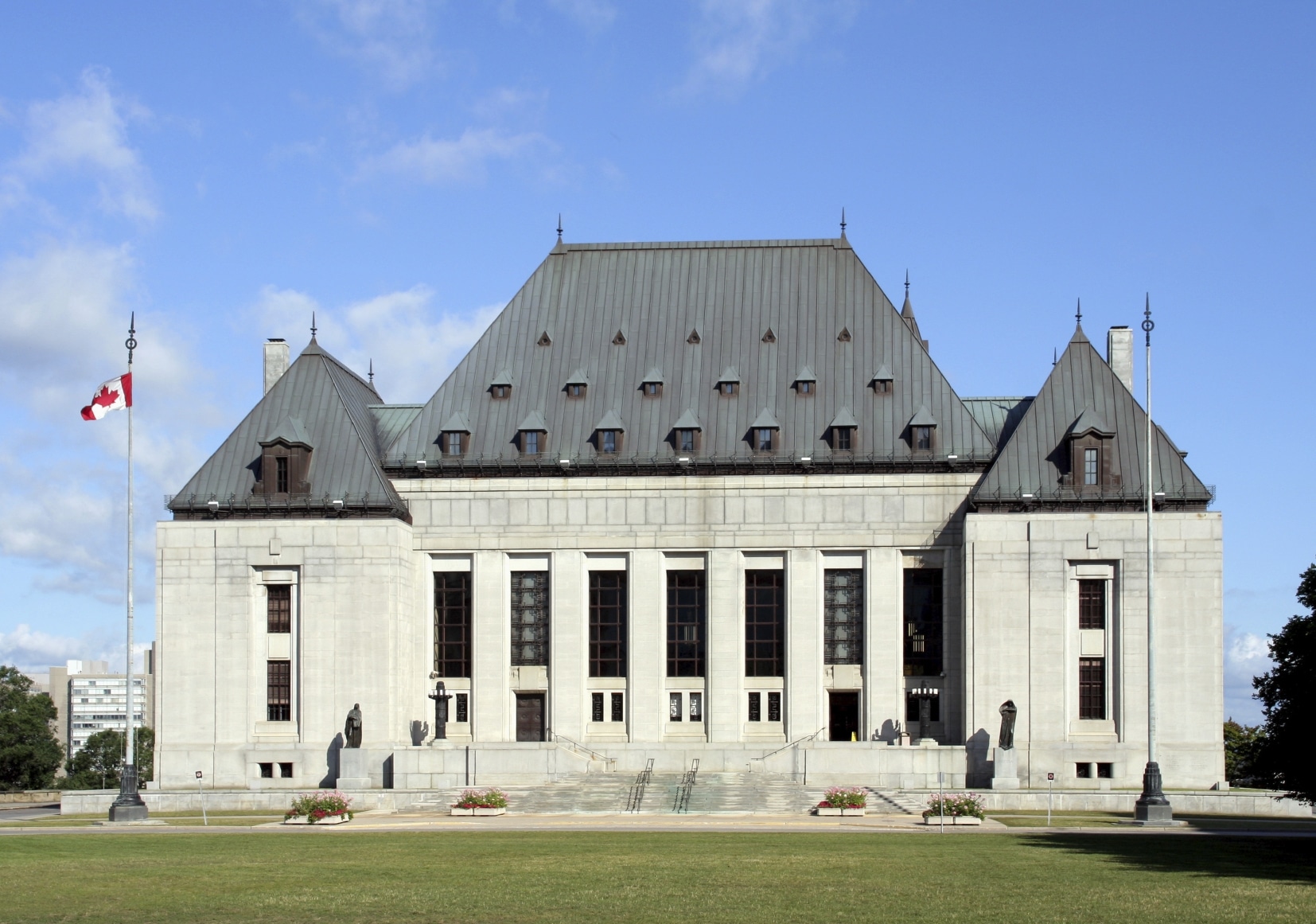“Air Transportation is an indispensable part of modern life. Yet as our dependence on aircraft has grown, the demands of aviation have increasingly collided with other interests.”
These words with which Chief Justice McLachlin began her judgment in Quebec (Attorney General) v. Canadian Owners and Pilots Association, 2010 SCC 39 summarized the issue before her.
Bernard Laferriere and Sylvie Gervais owned a wooded lot near the City of Shawinigan. In 1998, they cleared part of their lot and built a grass airstrip. But the new aerodrome was situated in a designated agricultural region and the Quebec Agricultural Lands Protection Commission ordered the aerodrome to be closed. These facts set up the classic Canadian constitutional confrontation between the power of the federal government over “aeronautics” and the authority of the provinces to regulate “property and civil rights” and “agriculture” within a province.
The Court resolved the dispute in favour of the federal government. Noting that Canada’s airports and aerodromes constitute a network of landing places that together facilitate air transportation and ensure safety, McLachlin, C.J. observed that: “The location of aerodromes lies within the core of the federal aeronautics power.”
The Court concluded that to the extent that it sought to prohibit aerodromes, the Quebec land use legislation would impair the exercise of Parliament’s core power to decide when and where aerodromes should be built. On that basis, it ruled the Quebec legislation to be constitutionally inapplicable to an aerodrome site.
In a second parallel decision, the Court struck down a town bylaw which sought to restrict the use of a local lake to exclude the use of float planes which disturbed local residents. In Quebec (Attorney General) v. Lacombe, 2010 SCC 38, Anabelle Lacombe and Jacques Picard had obtained a license from the Federal Department of Transport authorizing them to provide commercial aerial work and air taxi services, operating out of Gobeil Lake. The municipality of Sacré-Coeur set out to “[do] something about the float planes using Gobeil Lake…with a view to finding a solution to the incompatibility of that commercial activity of maintaining a float plane base with the use of the lake by vacationers”. It passed a municipal zoning bylaw which effectively prohibited the use of Gobeil Lake as a water aerodrome.
Once again, Chief Justice McLachlin concluded, “the scope of the federal aeronautics power extends to terrestrial installations that facilitate flight; it encompasses ‘[t]he flight and period of flight from the time the machine clears the earth to the time it returns successfully to the earth and is resting securely on the ground’”. Notwithstanding a “more flexible conception of division of powers”, the Court found that the municipal zoning bylaw was beyond the authority of the town council because it infringed upon core powers of Parliament.
These two decisions re-affirm that where local government’s laws and regulations impair a core power of the federal government’s authority over aeronautics, they will be struck down.


